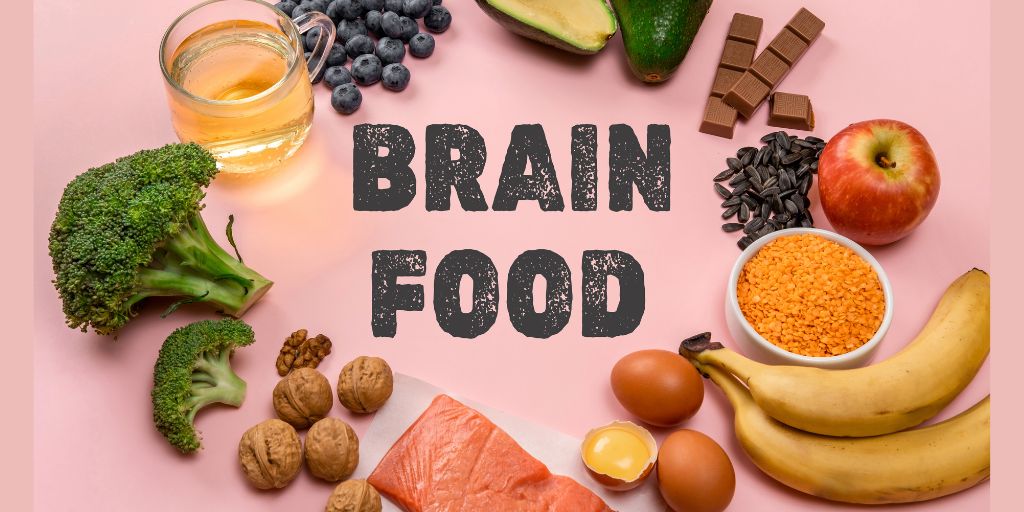
When it comes to food, many people struggle to know which items they should eat to fuel their bodies and reach their full potential. There are many confusing messages across social media, claiming which diets are best to follow without providing any evidence of their benefits.
Qualified teachers for tuition Teachers To Your Home have revealed which foods have been proven to aid the development and care of our brains.
Breakfast
Many of us overlook eating in the morning, but there is a reason that breakfast has been hailed as the most important meal of the day. We wake up with lower blood sugar levels, and breakfast helps us balance these out by providing us with glucose. This is a primary source of energy for our bodies, and without it, we can experience fatigue and brain fog.
Fortunately, there are numerous brain foods that will help provide a great start to the day. Blueberries contain antioxidants, some of which can improve communication between brain cells and aid memory, and they are easy to sprinkle over your cereal for a quick boost in the morning.
Another great food for mental power is eggs; they contain B vitamins that support brain health and choline, which helps us regulate mood and memory.
Additionally, salmon can be completely overlooked as a breakfast food, but itis an excellent choice to go alongside a bagel. It is packed with omega-3 fatty acids which are critical for brain development.
Lunch
Leafy greens, such as kale and spinach, can be added to a smoothie or a salad for a boost of nutrients. Containinghigh levels of folates means these vegetables contribute to the production of neurotransmitters, supporting memory. Folate also helps the body to create dopamine and serotonin, which are mood-regulating hormones.
A small but mighty addition to any salad is walnuts, which also contain omega-3 fatty acids to aid cognitive health. Another great benefit is a reduction in therisk of chronic diseases because walnuts contain polyphenols that reduce oxidative stress.
Dark chocolate is a great addition to your lunch plate, not only for tastebut also for the flavonoids it contains. These compounds help slow age-related mental decline and enhance memory.
Dinner
Red meat has also been given a bad name, but it has been proven that weekly consumption of lamb has links to benefits, such as long-term cognitive health. Compared to most other meat, lamb has a much higher omega-3 content, which is highly beneficial for brain health.These omega-3 fatty acids can also help protect against disorders like depression and dementia.
Add a side of broccoli to your evening meal to gain a boost of vitamin K. Higher levels of vitamin K intake have been linked to better cognitive function and memory, making broccolia great choice.
Green tea is a perfect replacement for coffee in the evenings, as L-theanine counteracts the stimulant effects of caffeine and reduces anxiety. This helps you relax in the evenings and reduces the risk of neurodegenerative diseases.
The CEO of Teachers To Your Home, Gillian Dixon, commented:
“A diet full of foods that are packed with the right amino acids and nutrients is crucial to keep our brains healthy and our memories sharp. It is important to make sure you include these foods in each of your three daily meals, as well as any drinks and snacks you may consume.”
This content is sponsored and not part of the original article
To support your brainpower, it’s essential to combine brain-boosting foods with vital nutrients. Nutrients such as B vitamins, vitamin D, and antioxidants play a crucial role in maintaining cognitive function and enhancing memory. By ensuring a diverse intake of these essential vitamins, you can significantly improve your overall mental performance and well-being, especially when you prioritize the right vitamins for brain health.











